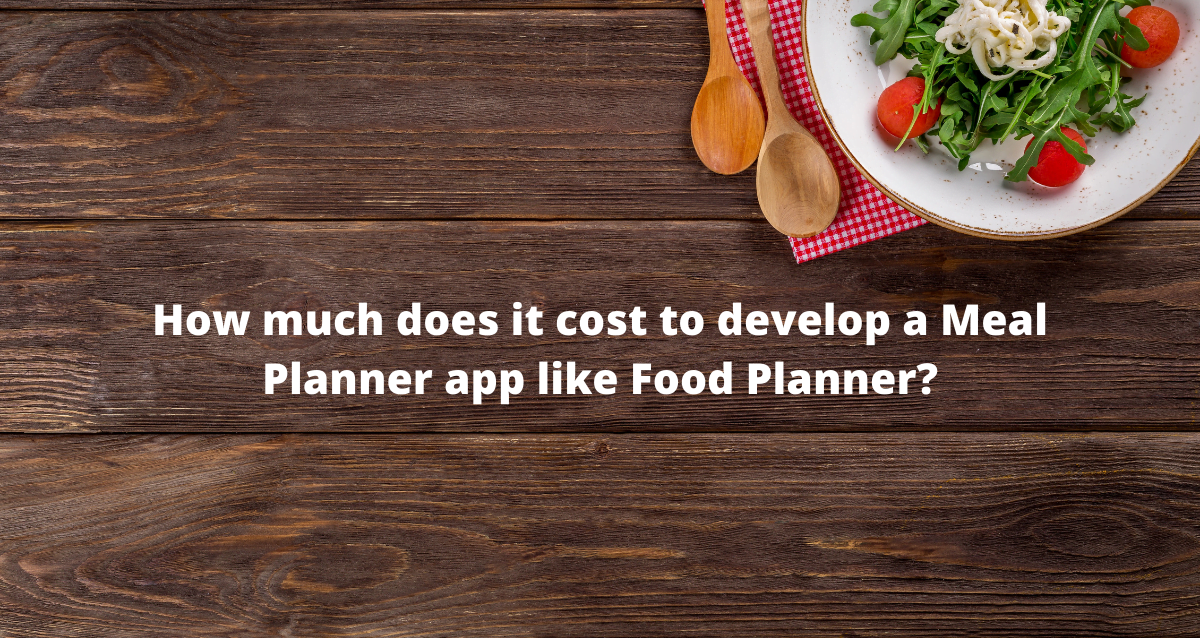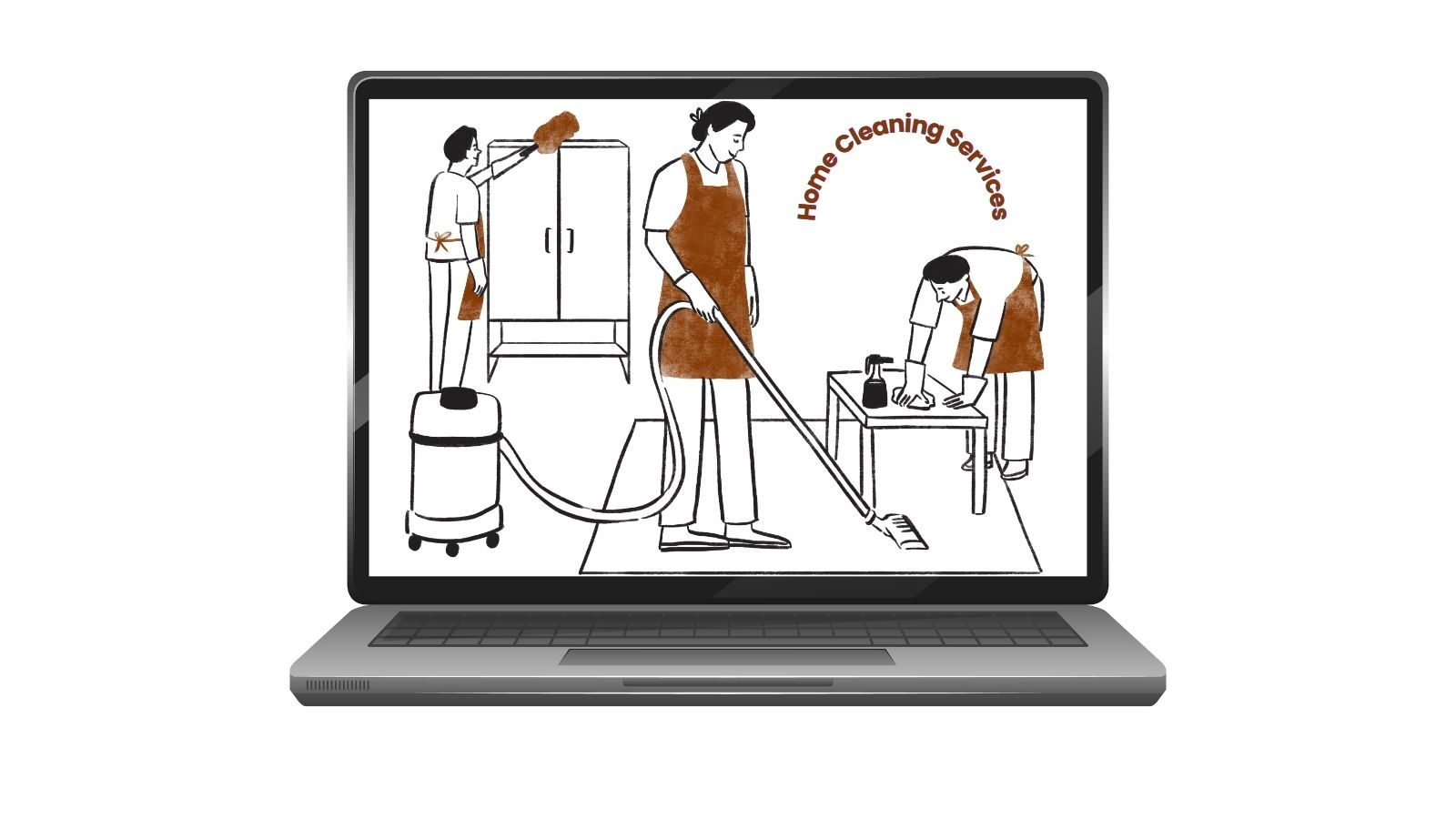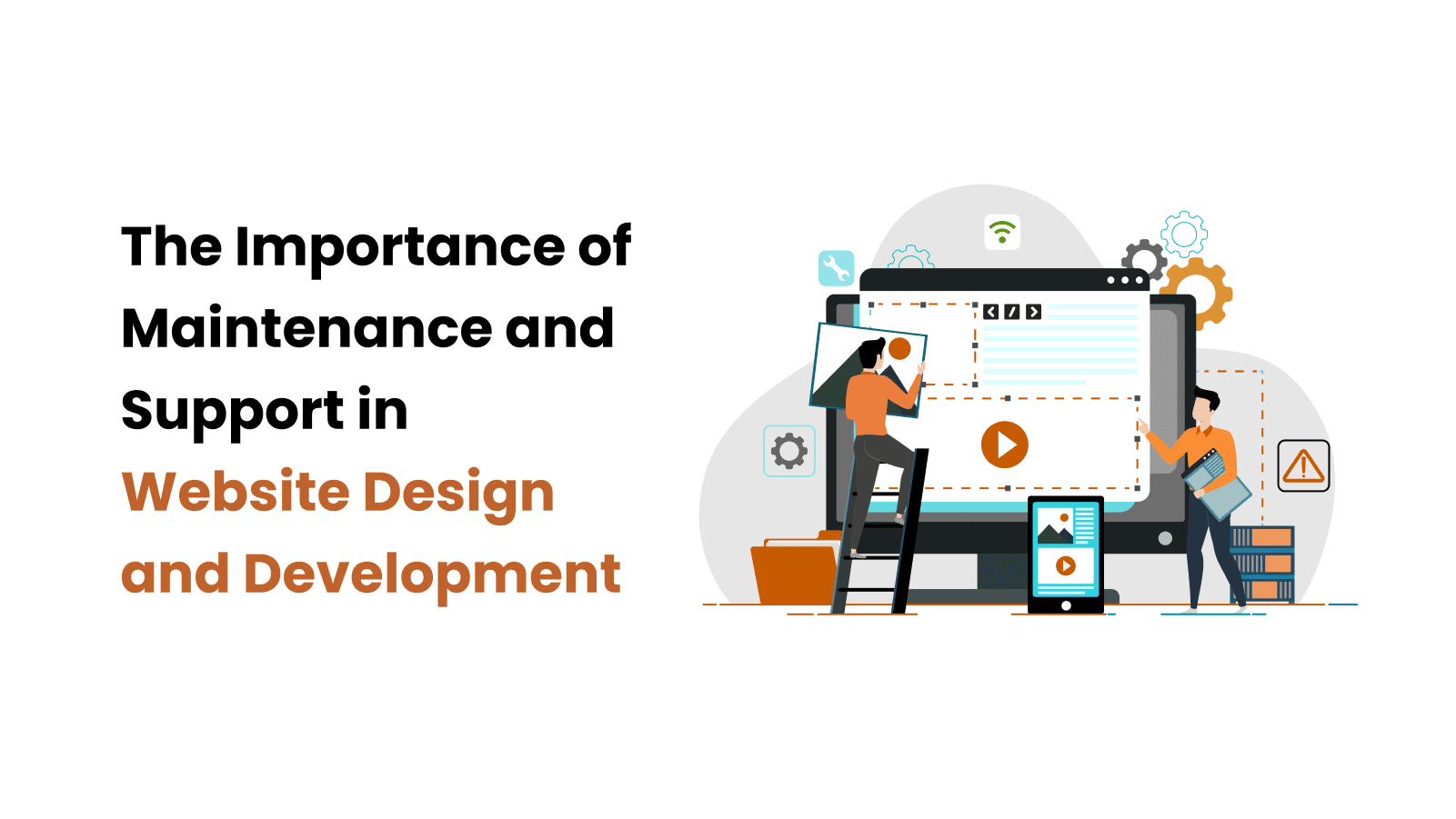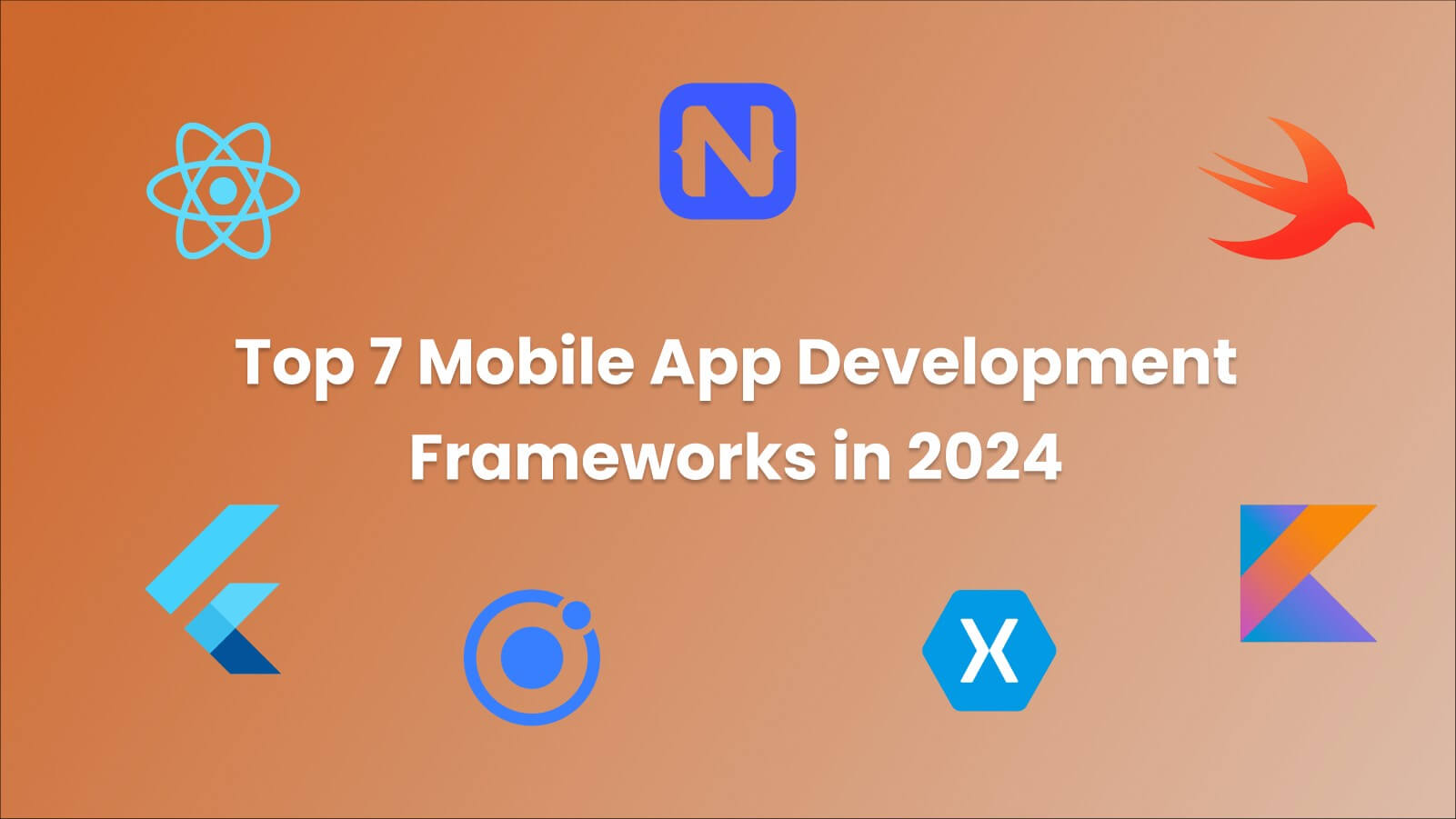
In the increasingly digital world of meal planning, developing a meal planner app like Food Planner can be a lucrative venture. However, the cost of creating such an app can vary depending on various factors. Let's delve into the key considerations that influence the development expenses of a meal planner application. Nowadays prepared, pre-packaged foods are more convenient to deliver, with a focus on healthy recipes. They are prepared with fresh ingredients and packaged with microwave reheating within minutes, making them the perfect choice for busy people looking for meals that follow a specific meal/diet plan. According to the report, the global digital health market size was valued at USD 375.99 billion in 2022 and is expected to reach USD 1,965.30 billion by 2030, with a CAGR of 23.3% from 2023 to 2030. Meal Planner Mobile application Development helps put all your favorite offline recipes in one place! One can use these apps to download recipes from all over the internet with just a few taps onto your mobile, laptop, or PC with a large selection of approved websites and blogs. One can even attach their own personal recipe, enhance and/or change their own ingredients, notes, pictures, and much more. Create your own custom cookbook from the recipe collection and tag it with all your favorite keywords to easily find your recipe. Let me know if you've been here before: You're on your way home, thinking about the delicious Cornish free-range chicken you'll be roasting in a minute. Then it hits you - the chicken is still in the freezer. Here comes the food, especially if you don't have a microwave! A good food planning app will have a built-in alarm to remind the user to get the chicken out in the morning. These can be set at the tap of a button, having instant reminders sound before you leave for work - or whenever the user wants them to. Other important features that would make this project take off include: Meal planning for diabetes, athletes, weight loss, etc. is a complex process. In the case of weight loss and diabetes, this is an important process for being healthy. But planning meals that give you the highest levels of carbohydrates, calories, protein, vitamins and other nutrients to do is a difficult task. That's where meal planning apps come into play. It is a simple process of developing a menu planner application that calculates the nutritional requirements of food. Even better, apps can be created to meet all kinds of different needs - or even combine several. After all, nobody said you could be a diabetic trying to lose weight and train for that triathlon! Nutritional calculations can be carried out in several different ways: As usual, we said, "why not all of the above?" The features are not mutually exclusive and all three add broad value to an application of this kind. There are many challenges in meal planning. Weighing the potential risks and potential benefits of an ingredient can vary from person to person, so meal planning involves all but simple solutions. Time and knowledge are the two most common meal planning challenges. Consider a dietician who works in a hospital. They plan meals for their patients with a full focus on their health conditions and preferences. In school, a Dietitian can use cycle menu planning in which the food offerings must also be nutritionally balanced. When it comes to meal planning for many in health care or academic settings, timing appears to be a major hurdle. Making meal plans by hand can sometimes lead to mistakes. Hence, dietitians and nutritionists tend to work with meal planning software programs to be efficient and minimize errors when planning a client's diet. Dietitians can help clients reach their health goals with additional guidance by offering meal plans. Meal packages can be personalized based on the health conditions and ethnic food preferences of their clients. Nutritionists and dietitians also often have difficulty adhering to client recommendations when planning meals by hand. A meal planning application can be an excellent solution to save time and improve compliance. The first and foremost criterion for choosing a meal planning application is that the platform should allow you to easily analyze, modify and adapt meal plans, nutritional recommendations, and recipes according to client needs. Second, it is important to consider applications that have extensive nutritional databases and diet reference values that can help analyze many foods from around the world. The app also allows you to add an unlimited number of your own foods and recipes. Third, the ease of customizing the meal plan according to ethnic tastes. Faster implementation of preference requests from select clients should be complemented by the app. There are a lot of essential features that actually matter in the meal planning application. The cost of developing a meal planning app doesn’t just depend on development time and hourly rates. This depends on a number of factors, including the difficulty of finding talent, the complexity of the product, and post-release support spending. Depending on the requirements of the project, an offshore or local development team can be basic or expanded. The application development team typically includes a business analyst, solution architect, one or more developers (depending on the platform), a project manager, a quality assurance professional, and a UI / UX designer. And even if you’re going to save money on the user interface (no vivid colors, no menu with subtle features, no eye-filling animations, just the basics), you still need the right user experience. Therefore, you must employ a UI / UX designer at least part-time. There could be millions of features that add technical complexity to the project. For example, we have built a platform for last-minute hotel reservations with a sophisticated search filtering algorithm linked to real-time discounts. When we built it, there was no filter integration available to use, so developing the algorithm on its own was the only option. This has led to additional development time and, as a result, higher application costs. Some other common examples of technically complex elements are: The question remains open. How much does it cost to build an application? While providing an exact figure for app development costs is challenging without specific project details, a rough estimate can be derived based on industry averages. A basic meal planner app with essential features could cost anywhere from $20,000 to $50,000 to develop. However, more complex apps with advanced functionalities may require budgets upwards of $100,000 or more. Developing a meal planner app like Food Planner involves careful planning, thorough market research, and strategic decision-making. By understanding the key features, factors influencing development costs, and estimating budgets, entrepreneurs and businesses can embark on their app development journey with confidence. Ready to embark on your journey to develop a meal planner app like Food Planner? Contact us now or email us at sales@iihglobal.com to discuss your project requirements and take the first step towards bringing your culinary app idea to life!The Convenience of Pre-Packaged Foods
The Growth of Digital Health Market
Exploring Meal Planner Apps
What Is Meal Planner App
The Key Features Must Be In Meal Planner App
Other Useful Features That Your Meal Planner App Required
Meal Planning App With A Goal
Challenges in Meal Planning and the Role of Technology
The Importance of Meal Planning Apps for Dietitians
Factors to Consider When Selecting a Meal Planning Application
Essential Features in Meal Planning Application
Factors Influencing the Cost of Developing a Meal Planning Application
App Development Team:
Technical Complexity:
Meal Planning Application Development Cost
Technology Used In Developing Meal Planner App Like Food Planner
Conclusion








